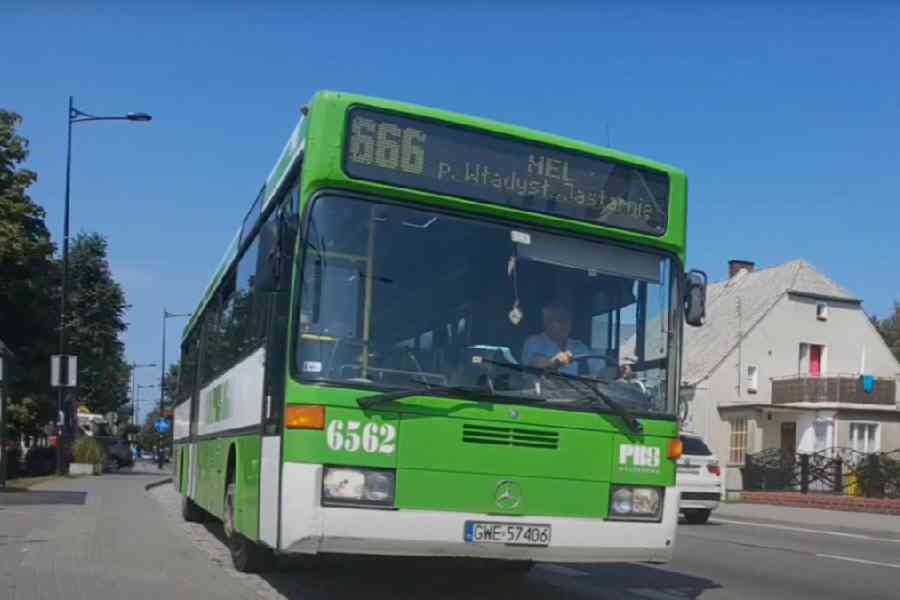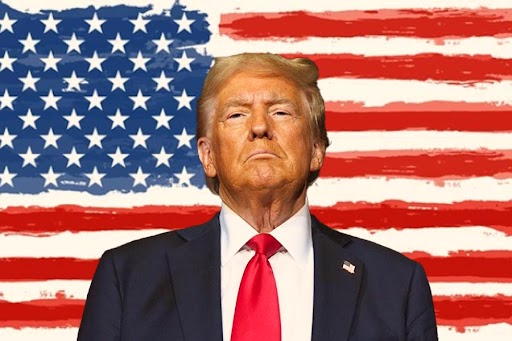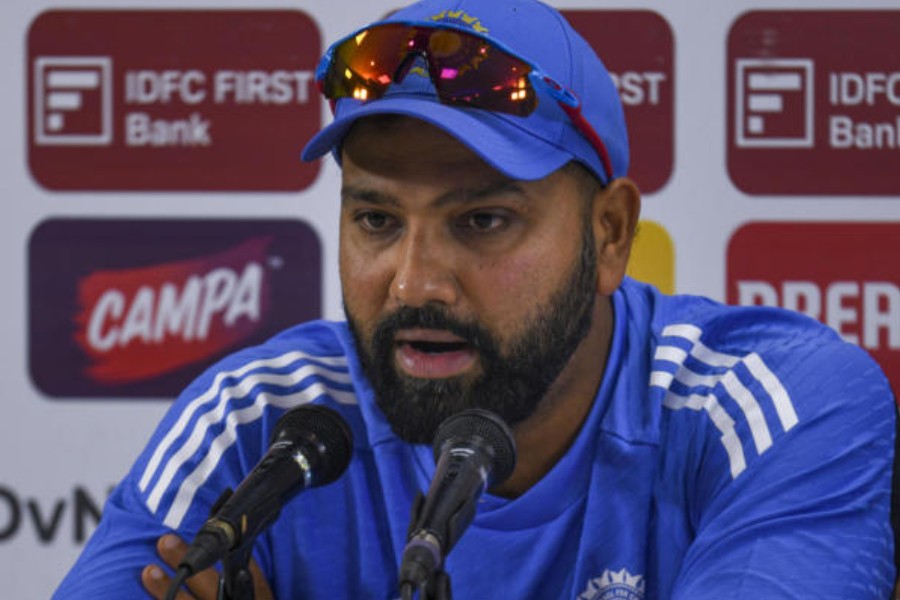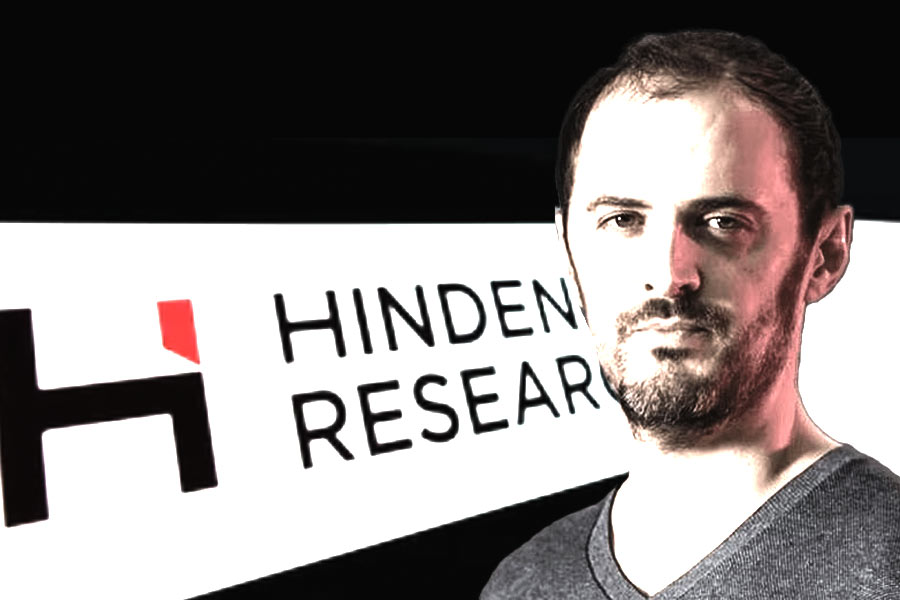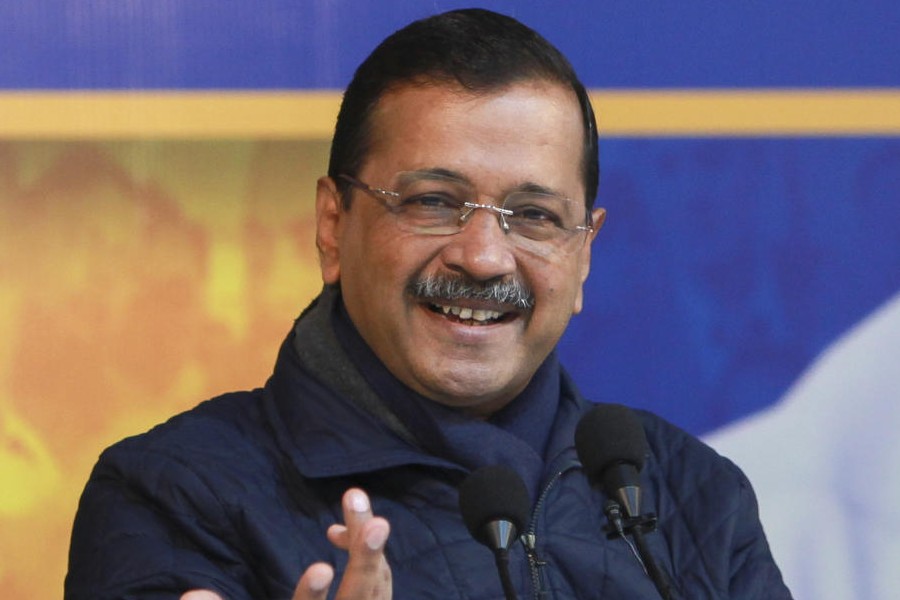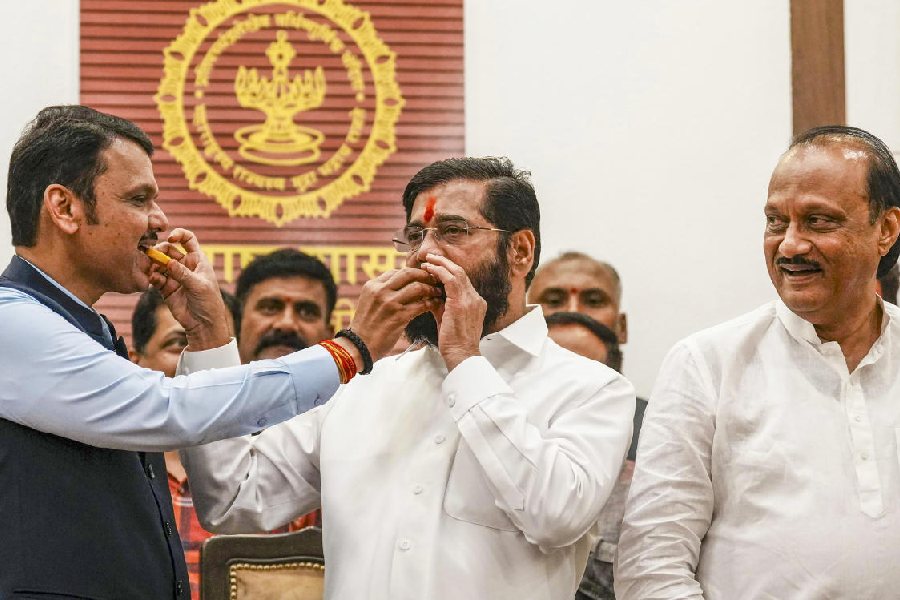Highway to Hel
Sir — Superstitions surrounding the numbering of things are quite common. For instance, even numbers are deemed luckier than odd ones, while the number, 13, is avoided at all costs. However, it was surprising to see such irrational beliefs dictate even municipal decisions. Recently, the name of a popular bus route, 666, which takes travellers to Hel in northern Poland, was changed owing to the sentiments of a conservative religious segment. ‘666’ is believed to be the number of Satan. The renaming, though, might not go down too well with the detractors of route 666. After all, the new nomenclature, ‘route 669’, is not entirely devoid of mischief.
Ranjha Biswas,Calcutta
Visible disdain
Sir — The extent of the ruling dispensation’s disdain for the country’s first prime minister, Jawaharlal Nehru, is unfortunate. This is evident in its recent decision to rename the Nehru Memorial Museum and Library as the Prime Ministers’ Museum and Library (“Name blow not to Nehru but ‘to institutions’”, June 17). It must be noted that the saffron party had previously orchestrated the ouster of the former director of the institution, Mahesh Rangarajan, by raising questions about his appointment, which was approved by the United Progressive Alliance regime.
Nevertheless, erasing Nehru’s legacy will be easier said than done. It is impossible to write the history of independent India without citing the contributions of Nehru. The saffron party must realise this.
Ranganathan Sivakumar,Chennai
Sir — A year after the prime minister, Narendra Modi, inaugurated the Pradhanmantri Sangrahalaya built on the estate that was once Jawaharlal Nehru’s home, the NMML has been renamed the Prime Ministers’ Museum and Library. The Congress’s allegations about Modi trying to erase Nehru’s contributions are justified.
The move exposes the dictatorial whims of the Bharatiya Janata Party-led dispensation. Changing the name of historical edifices is also a ploy to divert people’s attention from burning issues, such as the violence in Manipur, rising economic distress and so on.
J. Shaikh,Mumbai
Divisive agenda
Sir — India is home to people belonging to different castes, creeds, and religions. Religious communities are free to practise their faith in their own ways. How, then, can they be brought under a uniform civil code (“Views on uniform civil code sought”, June 15)? Even though B.R. Ambedkar had argued for the implementation of a UCC in the Constituent Assembly, he had advocated for adequate checks and balances. The government must keep this in mind to maintain fraternity among different groups. Unity must not be confused with uniformity. The former ensures inclusivity while the latter is a means to impose homogeneity.
Jahangir Ali,Mumbai
Sir — Several political parties in India are caste-based groups which pander to their vote banks. This is one of the reasons behind the growing animosity among different communities. The enactment of a UCC can thus come as a panacea for these social fissures. Interestingly, many of these political parties have opposed the implementation of a UCC because it can threaten their survival. People must see through this covert agenda.
Amresh Kumar Rai,Muzaffarnagar
Strategic silence
Sir — The prime minister, Narendra Modi, will be visiting the United States of America from June 21-24 at the invitation of the American president, Joe Biden. Modi is expected to give thunderous speeches, extolling his government’s achievements, while interacting with the Indian diaspora. This is in stark contrast to his deafening silence on important issues, such as the Manipur violence, wrestlers’ protests and the train tragedy in Balasore.
The former prime minister, A.B. Vajpayee, had advised Modi to follow the ‘raj dharma’ after reprimanding him for failing to prevent the Gujarat riots. It seems that Modi has paid little heed to the words.
Murtaza Ahmad,Calcutta
Think critically
Sir — The editorial, “Power to ponder” (June 17), highlights the virtues of the decision of the Council for the Indian School Certificate Examinations to train students in critical thinking. This step takes a different approach to school education by moving away from the concept of rote learning. The onus on the students to secure high marks has prevented them from gaining critical perspectives on different topics.
But training students to think critically will be a long-drawn process. Teachers must also be adequately trained for this purpose.
Aranya Sanyal,Siliguri
Vicious cycle
Sir — The spike in the installation of air conditioners in India as a result of the heatwave-like conditions is going to further increase global warming. Yet, the world is set to add one billion ACs before the end of the decade. Moreover, the disposal of old ACs will create a problem when it comes to waste management. The government must take steps to stop this vicious cycle.
Anwar Saeed,Calcutta
Dream win
Sir — The manner in which the badminton duo, Chirag Shetty and Satwiksairaj Rankireddy, defeated the reigning world champions to win the maiden Badminton World Federation Super 1000 title in men’s doubles at the Indonesia Open was epoch-making (“Satwik-Chirag win on dream court”, June 19). They must be congratulated.
Jayanta Datta,Hooghly

